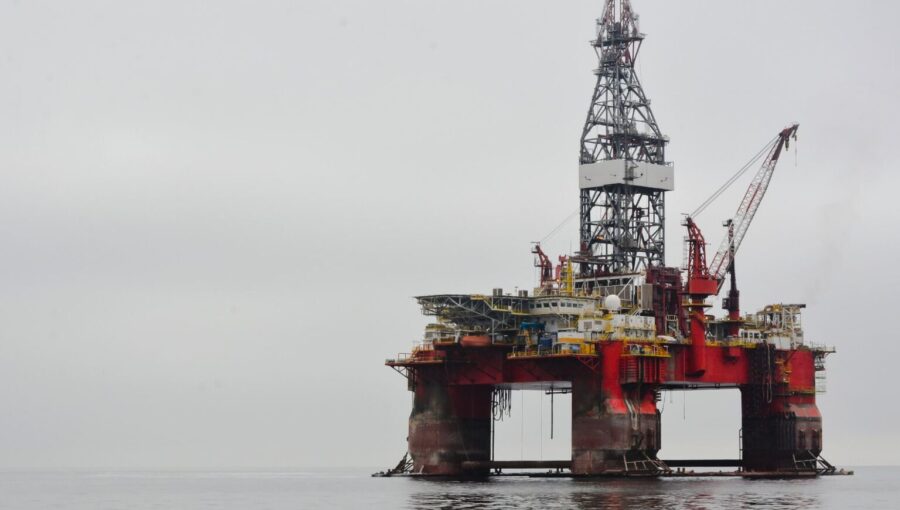Seismic innovation, faster permitting crucial in Africa’s oil and gas exploration revival, energy majors say

Exploration for oil and gas in Africa is gathering momentum owing to advances in seismic imaging, improved frontier datasets and shorter permitting timelines, according to industry leaders at Africa Energy Week (AEW): Invest in African Energies 2025 conference.
The annual event, organised by the African Energy Chamber (AEC), took place last week in Cape Town, South Africa. The AEW 2025 brought together African energy leaders, international oil and gas companies, global investors and executives from across the public and private sectors to discuss the future of the African energy industry.
Emmanuelle Garinet, Vice President of Exploration Africa at France’s TotalEnergies, spoke of significant hydrocarbon reserves held in Africa’s frontier basins, explaining how better quality seismic and subsurface data helped to de-risk the company’s projects in Namibia.
“When we decided to drill the Venus well, it was frontier, but we had a probability of success of more than 50% because of the seismic data and direct hydrocarbon indicators,” she said as quoted in an AEC press release on October 4.
Garinet also noted that TotalEnergies was able to obtain its exploration permit in less than six months in the Republic of Congo, where the company was preparing for drilling by the year-end. In South Africa, however, the permitting process was delayed owing to legal challenges, she said, describing the problem as “unacceptable.”
Gavin Lewis, Chevron’s General Manager of Global New Ventures, underscored the critical role of comprehensive subsurface datasets in Africa. “Before you can do any AI-driven workflows, you need a dataset that illuminates what the subsurface looks like,” he said.
According to Lewis, Africa has lost its ability to sponsor multi-client subsurface datasets. “The only basin that allows for large, regional high-quality datasets is the Gulf of America, which has allowed that basin to reinvent itself multiple times,” he was quoted as saying.
Bryan Ritchie, BP’s Vice President of Exploration, said the company had completed the first deepwater ocean-bottom node seismic survey over Egypt’s Atoll field in the Nile Delta. He added that the Egyptian Natural Gas Holding Company planned to expand multi-client data coverage in the area, noting that the new images were revealing fresh opportunities.
Terry Gebhardt, Vice President of Exploration at ASX- and NYSE-listed global integrated energy company Woodside Energy, pointed out that geoscience and subsurface data also play a vital role in carbon capture and storage (CCS), and in improving recovery from existing fields.
During the panel discussion, sponsored by US-based trade association EnerGeo Alliance, its President and CEO, Nikki Martin, noted that African oil and gas investment is set to grow, with capital expenditure projected to reach $54bn by 2030 after a $6bn rise in exploration spending in 2024.


Follow us online